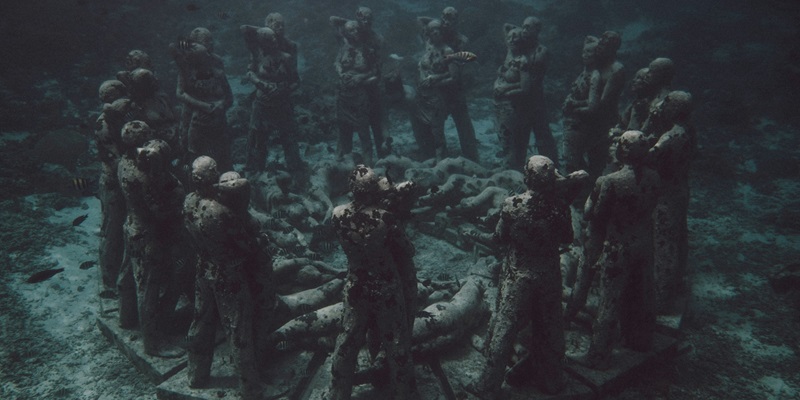Underwater archaeology has long been a captivating field, offering valuable insights into our history that lies beneath the depths. However, the task of exploring these submerged sites has traditionally been challenging and time-consuming. The introduction of Artificial Intelligence (AI) has revolutionized the way researchers uncover and explore historical artifacts in underwater environments. This article explores the significant impact of AI in the realm of robotic underwater archaeology.
AI-enabled object identification and classification
The use of AI algorithms has greatly enhanced the process of identifying and classifying objects in underwater archaeology. With remarkable precision, AI-enabled robots can quickly identify potential archaeological sites. Through the analysis of vast amounts of data in a fraction of the time it would take humans, AI algorithms uncover hidden patterns and connections that may have otherwise gone unnoticed. This breakthrough capability significantly expedites the discovery and documentation of underwater artifacts.
AI algorithms for underwater exploration
AI algorithms have the ability to learn and recognize specific features or patterns associated with archaeological sites. This capacity enables underwater robots to efficiently navigate and explore vast underwater areas with unprecedented accuracy. By intelligently analyzing data collected underwater, AI algorithms guide the robots to potential excavation sites. Despite the remarkable progress made, challenges such as poor visibility and varying water conditions can impact the reliability and performance of AI algorithms in underwater environments. Researchers are tirelessly working to improve the robustness of these systems, ensuring their effectiveness in complex conditions.
Autonomous Underwater Vehicles (AUVs) and AI
AI has been instrumental in the development of Autonomous Underwater Vehicles (AUVs), expanding the capabilities of underwater archaeology. Equipped with AI systems, these vehicles have the ability to autonomously navigate underwater environments while avoiding obstacles and adapting to changing conditions. This independence and adaptability enable AUVs to access previously inaccessible archaeological sites that were once too dangerous or difficult for human divers to explore. AI-driven AUVs have revolutionized underwater exploration possibilities, offering researchers a new frontier to uncover previously unknown historical artifacts.
Challenges and improvements in underwater AI systems
The reliability of AI algorithms in underwater environments can be affected by challenges, including poor visibility and unpredictable water conditions. These factors can hinder the accuracy of object recognition and classification, reducing the efficiency of underwater exploration. Researchers are actively addressing these challenges by improving the robustness and adaptability of AI systems to ensure their effectiveness in complex underwater conditions. Ongoing advancements aim to enhance the reliability and precision of AI-driven robotic exploration, allowing for more accurate and efficient archaeological discoveries.
The future of AI in underwater archaeology
The potential of AI in underwater archaeology is immense, with its ability to uncover hidden historical artifacts and explore unexplored areas. As AI algorithms become more sophisticated, they hold the capacity to detect and identify minute objects buried deep beneath the ocean floor. This advancement can potentially illuminate valuable information about ancient civilizations and their interactions. The continual advancement of AI in underwater archaeology promises to shape the future of the field, offering new possibilities and insights that were once unimaginable.
The integration of AI in robotic underwater archaeology has transformed the way historical artifacts are explored and discovered. AI-enabled robots demonstrate unprecedented precision and efficiency in identifying potential archaeological sites, thanks to the processing power of AI algorithms. Through pattern recognition and data analysis, connections and insights that might have been overlooked are now being revealed. Although challenges in underwater environments persist, researchers are determined to enhance the reliability of AI systems. The future of underwater archaeology looks promising, with the potential for AI to uncover hidden historical artifacts and expand our knowledge of ancient civilizations.

